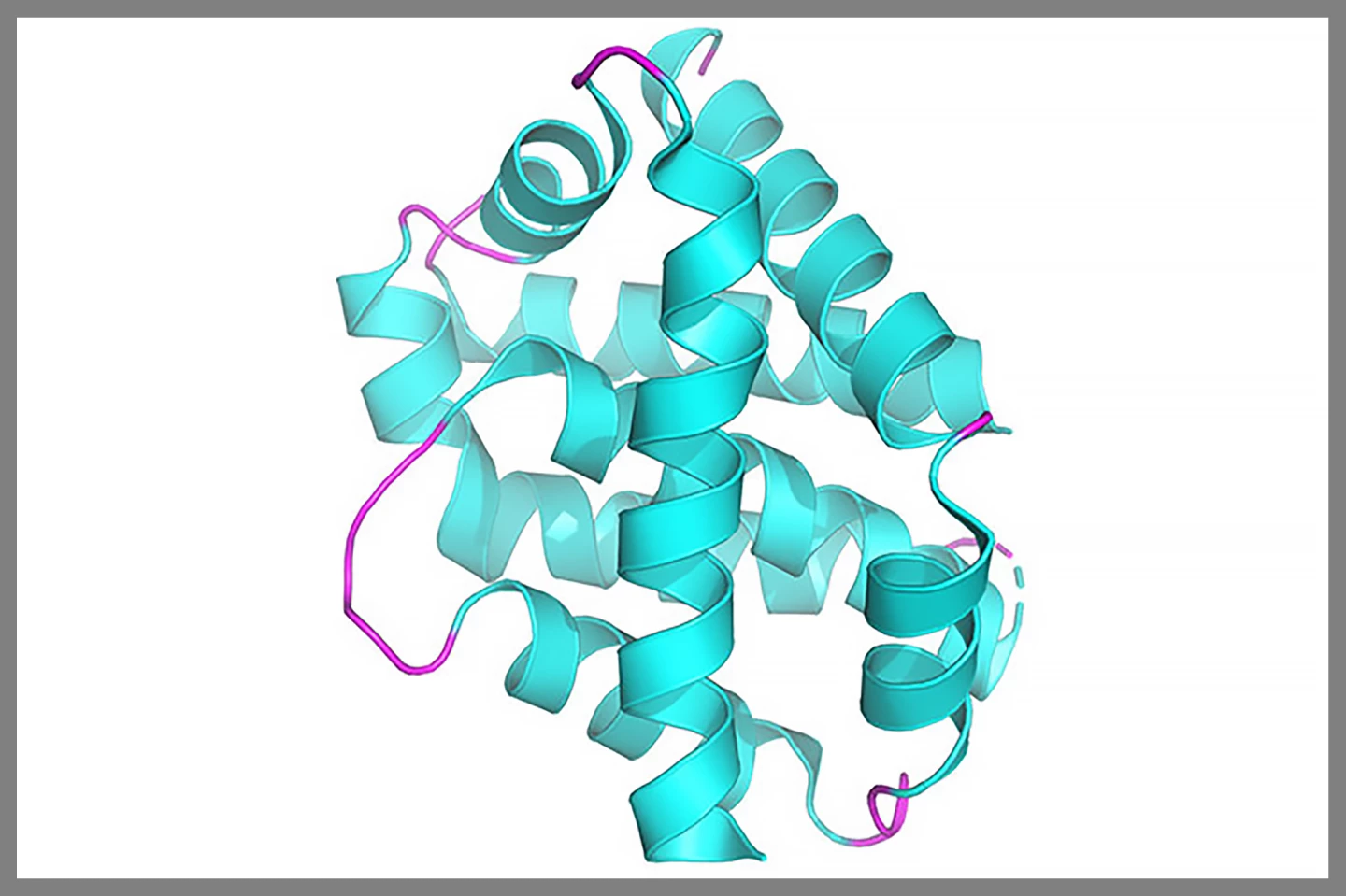In a new study, researchers have identified a way to stop cells from dying, opening the door to developing treatments that slow the progression of neurodegenerative conditions like Parkinson’s disease.
Our body’s ancient “cell suicide” program, apoptosis, is regulated by interactions between members of the B cell lymphoma 2 (BCL-2) protein family. Some of these proteins promote cell survival, while others trigger cell death. Scientists have been able to harness some of these proteins’ death-inducing properties to treat certain blood cancers.
Now, led by the Walter and Eliza Hall Institute of Medical Research (WEHI) in Melbourne, Australia, a new study has discovered how to do the opposite: block cell death by targeting one of these proteins, opening the door to treatments that stop the progression of neurodegenerative conditions like Parkinson’s disease.
“Currently, there are no treatments that prevent neurons from dying to slow the progression of Parkinson’s,” said Professor Grant Dewson, the study’s co-corresponding author and head of WEHI’s Parkinson’s Disease Research Center. “Any drugs that could be able to do this could be game-changing.”
B cell lymphoma 2 antagonist/killer (BAK) and B cell lymphoma 2-associated X protein (BAX) are BCL-2 family proteins that cause cell death by punching through the wall of the mitochondria, the cell’s energy producer. When BAK and BAX don’t function correctly, it can lead to impaired apoptosis, contributing to autoimmune and degenerative diseases.

With this in mind, the researchers relied on the ultra-high throughput screening capabilities of the WEHI-based National Drug Discovery Center, to sift through 106,572 compounds to identify one that targeted one cell-killing protein, BAX.
“We were thrilled to find a small molecule that targets a killer protein called BAX and stops it working,” said co-corresponding author and the Head of WEHI’s New Medicine and Diagnostics division, Professor Guillaume Lessene. “While not the case in most cells, in neurons, turning off BAX alone may be sufficient to limit cell death.”
Small molecules are organic compounds with a low molecular weight that are often used in drug development because of their ability to pass through cell membranes and interact with proteins inside the cell. The researchers observed that the small molecule they’d identified, which they named WEHI-3773, inhibited BAX’s ability to break the cell’s mitochondria, preventing its death.
“For the first time, we could keep BAX away from mitochondria and keep cells alive using this molecule,” said PhD student Kaiming Li, the study’s lead author and a researcher in the lab headed by Dewson. “This could pave the way for next-generation cell death inhibitors to combat degenerative conditions.”
The study was published in the journal Science Advances.
Source: WEHI






